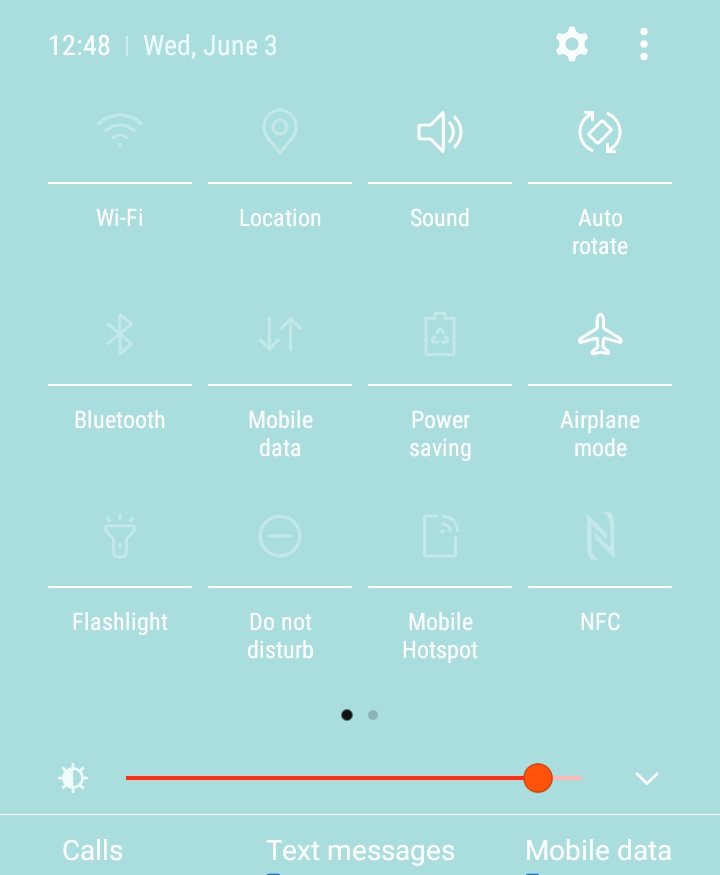Mobile phone is one the most useful innovations of modern times. It is a remarkably valuable technology that has transformed our lives, work, and to certain extent communities all over the world. Our culture has changed as communication between people has become independent of time and place. The cost of owning a phone and using it is so affordable that the vast majority can have it. Are there any downsides? Well, it depends on what you think of your privacy.
The thing is that the mobile network operator (carrier) you are subscribing to constantly tracks the whereabouts of your phone. Tracking is the key function that makes the mobile communication technology work.
The book Behind the Screen that tells the story of Nokia’s mobile phone business describes, among many other things, how the mobile network technology works, but here is a brief overview. A mobile phone frequently transmits a “I’m here” signal to the ether. When a mobile network tower picks up the signal, it passes the data to the system that keeps track of subscribers and their phones. When someone wants to contact that phone, the network knows where to route the traffic so that it reaches the correct cell where the phone happens to be. This technique applies to 2G, 3G, 4G and 5G networks, and all communication methods whether it is a phone call, text message, or internet access via the mobile network.
So, the mobile network and the company that owns the network always knows where your phone is. It is not as accurate as GPS, but accurate enough, for instance, for solving crimes. Recently, the police revealed how they caught a murderer of an 18 year old woman. The woman had disappeared, and the police didn’t have many clues. Then, the police asked the mobile network companies for data about phones that had been near the woman when she moved about 500 km (310 miles) just before her death. Sure enough, there was a phone that traveled exactly the same route, at the same time as the woman. The police got the name and the address, and simply followed the man until they had enough evidence to apprehend him.
Another example is an exceptional situation, like a curfew or a lockdown caused by a pandemic disease when authorities may want to monitor citizens’ movements – not individuals but crowds. If a large number of mobile phones are moving out of a metropolitan area that is supposed to be under lockdown, those roads can be swiftly closed.

The mobile network technology is extremely useful and benefits the world, but the nagging feeling that someone could be following the phone is simply too much for some people. Is there any way to prevent mobile networks from following your mobile phone? Well, not really. If you prevent the phone from signaling “I’m here”, it doesn’t work as a mobile phone anymore. It is possible to do other things with it, but it is not possible to use it as a phone. Nonteheless, here are some options, and what they mean in practice:
- Remove the SIM card from your phone. The phone will still communicate with the network, and it is possible to make emergency calls with it. Your subscriber data is not available to the network, but each phone has a unique id.
- Set the phone in airplane mode. It should prevent the phone from transmitting any signals to mobile networks, Wi-Fi hotspots or Bluetooth devices.
- Can you be sure the phone doesn’t transmit any signals in airplane mode? If you are suspicious, you have to do like they do in spy movies: drop your phone right there where you are, leave it there, and forget about it.
- There is one more option for privacy. A security and privacy consultant recommends a special phone case that blocks all incoming and outgoing signals. Whenever you insert your phone into the case, it can’t communicate, and can’t be tracked.
